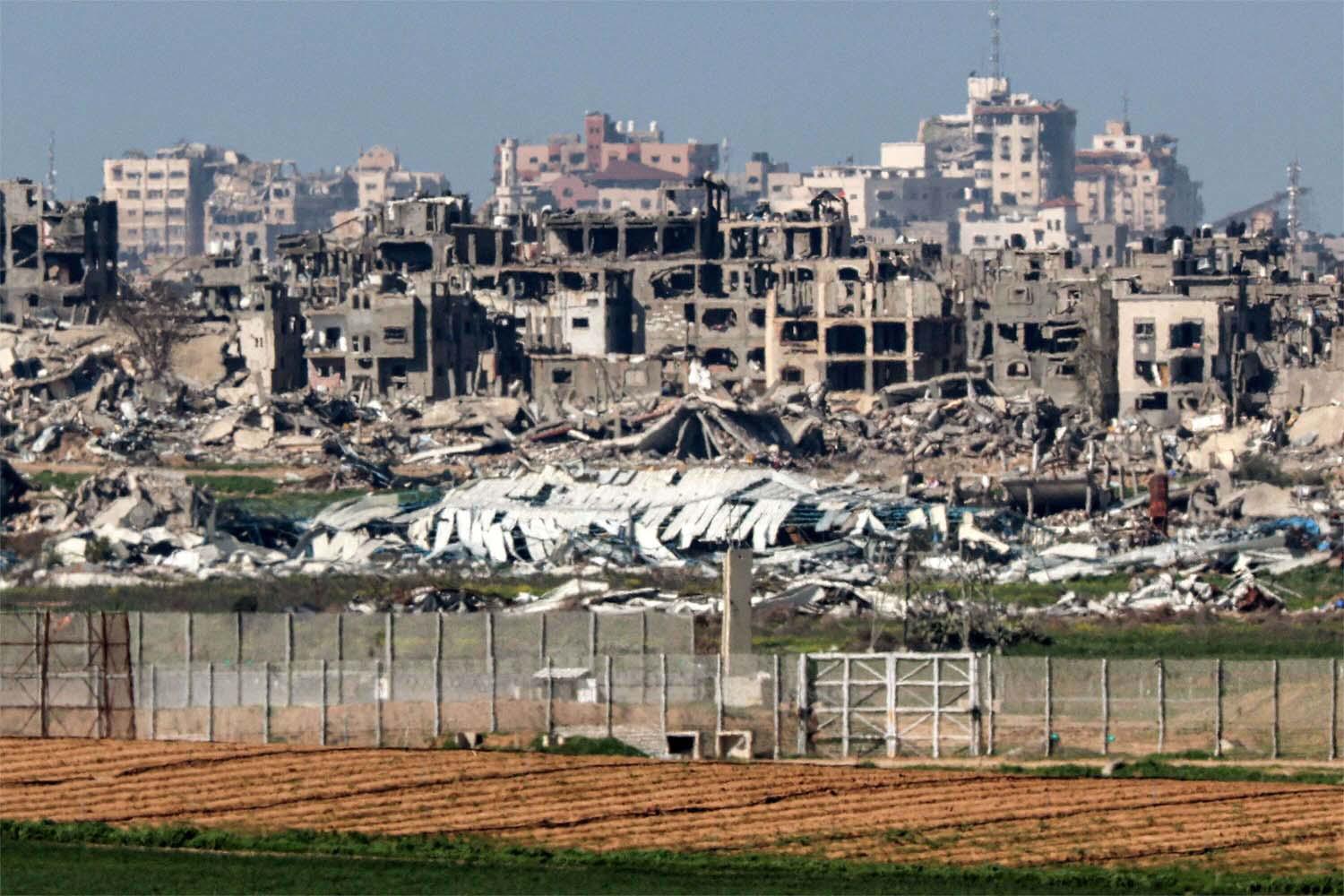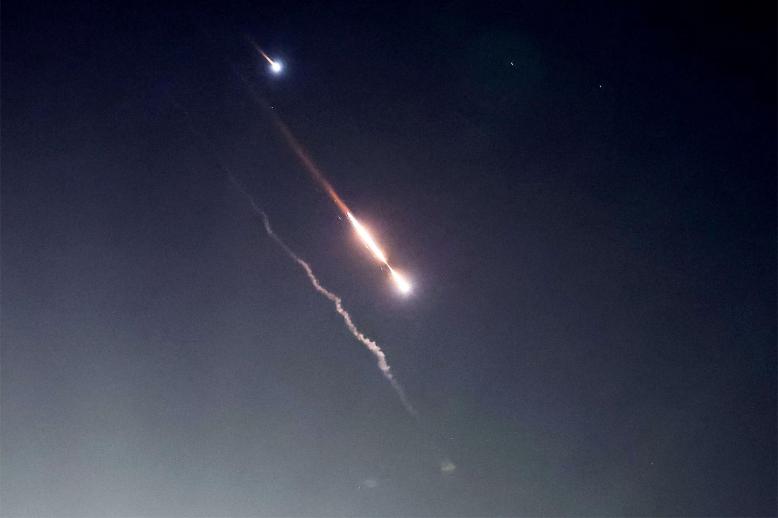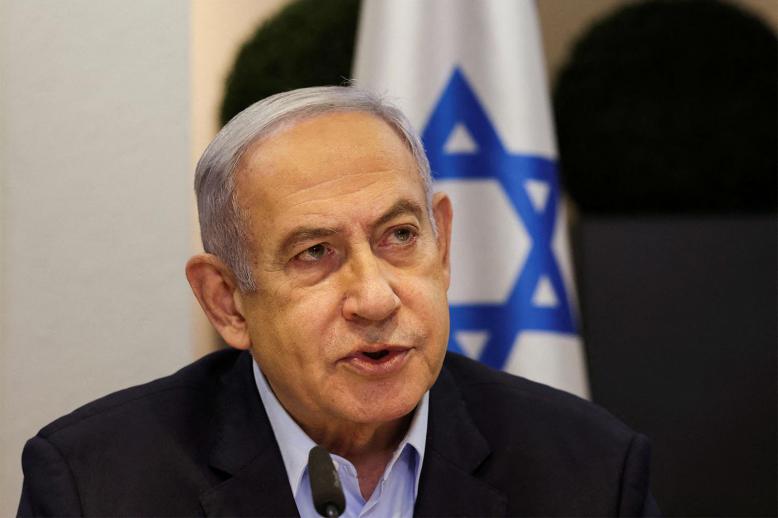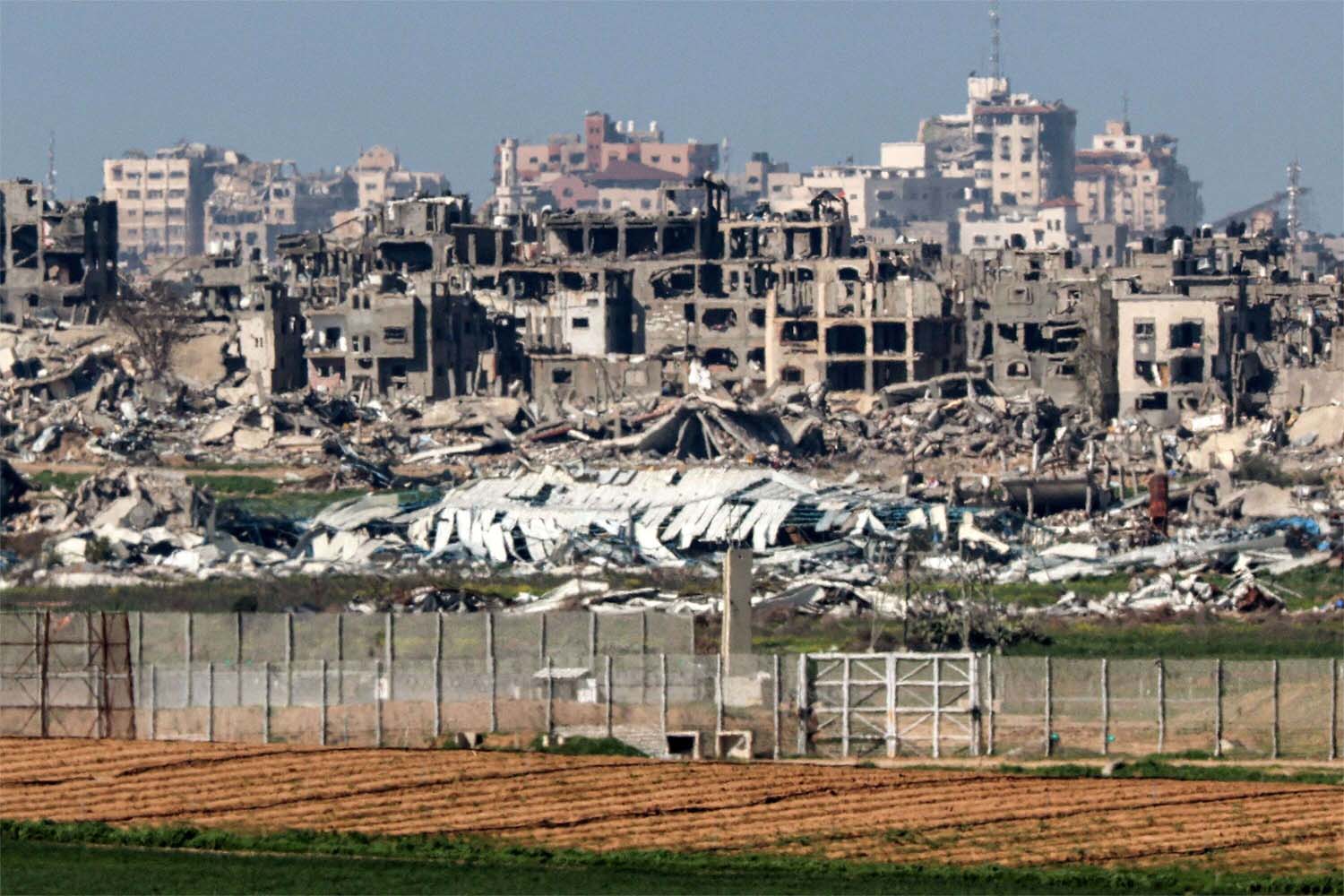For Western media, only Israeli lives matter
Twenty-four Israeli soldiers were killed in two separate incidents in Gaza on Jan. 22. Mainstream media outlets around the world reacted in unison: this was the “deadliest day” for Israel since Oct. 7.
This exact phrase was used in headlines on Jan. 23 carried by news agencies such as Reuters and AFP, and major broadcasters including the BBC, CBS, NBC, CNN, ABC and ITV News.
The exact same phrase was also used by leading news titles including The New York Times, The Washington Post, The Wall Street Journal, Time Magazine, The Daily Telegraph, The Sun, The Jerusalem Post, The Guardian, London’s Evening Standard, Financial Times, The Independent and Yahoo News.
On the same day, Israeli forces killed almost 200 Palestinians in Gaza including at least 65 people in Khan Younis alone.
These deaths received no headlines in the above outlets. Where they were reported, they were listed as part of the regular daily round-up of events in an unfolding genocide that has now seen more than 26,000 people killed in Gaza.
How is it possible that the world’s media could embrace exactly the same phrase in relation to Israeli victims but largely ignore the identities of the much higher number of Palestinians killed?
Why would Jan. 22 be described as “deadly” for one group of people but not for another?
Unequal Value
You might expect that editors took the “deadliest day” phrase from press statements from the Israeli government or military.
Yet Israel Defense Forces (IDF) spokesperson Daniel Hagari did not use this phrase in his statement and neither did the IDF Chief of the General Staff Herzi Halevi, who instead simply called it a “difficult day.”
Prime Minister Benjamin Netanhayu also described it as “one of the most difficult days” while Israel’s President Isaac Herzog spoke of “an unbearably difficult morning.” He used the same language as both Knesset Speaker Amir Ohana and Minister Benny Gantz, both of whom referred to a “painful morning.”
Of course, it is possible the phrase was used in private and informal briefings to the press on the morning of Jan. 23. It is, however, equally conceivable that this was a trope that came “naturally” from a deep-rooted idea in the western media that the lives of Israelis and Palestinians are not of equal value.
And, therefore, that measuring the “deadliness” of a particular day should only be done for Israelis (where every life matters) and not for Palestinians (whose individual lives clearly appear to count for less).
‘Deadliest Day’
Indeed, a search of the Nexis database of U.K. national and local news (including BBC broadcast bulletins) reveals that there were 856 uses of the phrase “deadliest day” from Oct. 7, 2023 until Jan. 25, none of which directly referred to evidence of Palestinian deaths in Gaza.
The only exception to this were some BBC bulletins on Oct. 25 which mentioned “Palestinians reporting the deadliest day in Gaza” (emphasis added).
Otherwise, there was not a single reference during this period across the British media to “the deadliest day for Palestinians” or “for the people of Gaza.”
The other approximately 850 references directly related only to Israeli casualties. Some 28 percent of them focused on the killing of IDF soldiers on Jan. 22.
The vast majority referred to the events of Oct. 7, described either as “the deadliest day for Jews” or “the deadliest day for the Jewish people” which accounted for some 25 percent of all references.
Many of these stories were focused on the words of U.S. President Joe Biden who, in a much publicised speech to Jewish leaders at the White House, described the Hamas attack on Oct. 7 as the “deadliest day for Jews since the Holocaust.”
Biden’s words alone make up 20 percent of all references to the “deadliest day” trope.
Perhaps Biden’s words were on the minds of editors across the world as they listened to Israeli spokespeople on the morning of Jan. 23 and that the deaths of 24 IDF soldiers merited such a phrase when talking about Israeli lives.
Framing the War
But why has the phrase not been used in relation to Palestinians and, indeed, why is there so little preoccupation with days when particularly large numbers of Gazans are killed?
Precisely because the war is not framed in a way which recognises the equal worth of all those affected — in other words, a situation where every instance of significant Palestinian casualties would deserve a headline — it’s hard to be certain of which have been the very deadliest days for the residents of Gaza.
However, it’s clear that the period immediately after the temporary ceasefire in the last week of November saw particularly intense airstrikes and there were, according to Al Jazeera, at least 700 Palestinians killed on Dec. 2 alone.
Yet there was no mention in the U.K. media about this being the “deadliest day” for Palestinians. Instead, The Guardian simply ran with a headline of “‘Israel says its ground forces are operating across ‘all of Gaza’” while The Sunday Times wrote: “Fears for hostages as Gazans say bombardment is worse than ever.”
According to The Mail Online, “Israel says it is expanding its ground operations against Hamas’ strongholds across the whole of the Gaza Strip as IDF continues to bomb territory after terrorists broke fragile truce.”
The BBC’s TV news bulletins on Dec. 3 carried distressing footage of casualties but also featured a quote from an adviser to Netanyahu saying that “Israel was making the ‘maximum effort’ to avoid killing civilians” without carrying an immediate rebuttal of this outrageous claim.
In other words, despite the fact that 30 times more Palestinians were killed on Dec. 2 than when the 24 IDF soldiers were killed on Jan. 22, there was no recognition of the “deadliness” of that day.
Instead, the framing was all about the strategic plans of the Israeli military rather than the mass slaughter of Palestinians.
‘Intensive Strike’
On Dec. 26 a further 241 people were killed by Israeli bombs. Britain’s “newspaper of record,” The Times, responded with the headline: “Israel-Gaza war: Palestinians hit by ‘most savage bombing’” with a sub heading: “Israel launches most intensive strike since Hamas attack on October 7.”
You could be forgiven for thinking that there was nothing deadly about this episode because, after all, Palestinians were only being “struck” as opposed to brutally killed.
But this was hardly an exceptional day given that Oxfam reported earlier this year that Israel’s military was killing Palestinians at an average rate of 250 people a day, a figure it said exceeded the daily death toll of any other major conflict of recent years.
There is clearly a brutal politics to counting the dead. The New York Times ran an article on Jan. 22 headlined, “The Decline of Deaths in Gaza” arguing that average daily deaths across a 30-day period have now fallen below 150.
For the NYT, it is “plausible that a lower percentage of deaths are among civilians now that Israel’s attacks have become more targeted and the [average] daily toll has declined.”
Not only, however, is there little evidence that the IDF is in any way opposed to killing civilians but the idea that casualties are declining at a time when we are soon likely to see a total of 30,000 Palestinian deaths is profoundly shocking.
Any slowdown in the rate of killing is hardly a consolation to the millions who still live in fear of IDF raids and rockets.
Media Consensus
The media consensus that only Israelis are the victims of the “deadliest days” in the region and not Palestinians, despite the latter accounting for 95 percent of deaths since Oct. 7, is one of the many illustrations of the unequal and profoundly distorted coverage of this war.
Until the South African government submitted its partially successful claim to the International Court of Justice, news organisations were unwilling even to investigate the genocidal language of Israeli political and military leaders.
The media also routinely uses dehumanising and differential language where Israelis are “massacred” while Palestinians simply “die.” This illustrates the awful role of the mainstream media in paving the way for the ethnic cleansing we are currently seeing.
The real reason you don’t see or hear the media talk about a “deadly day” for Palestinians is that every day is deadly when you live in Gaza.
Des Freedman is a professor of media and communications at Goldsmiths, University of London and a founding member of the Media Reform Coalition.
This article is from Declassified UK.
The views expressed are solely those of the author and may or may not reflect those of Consortium News.






